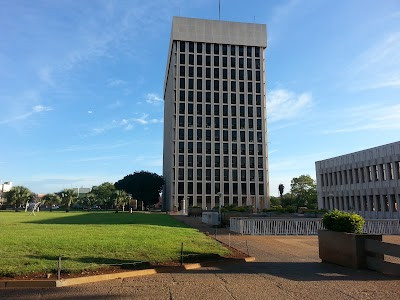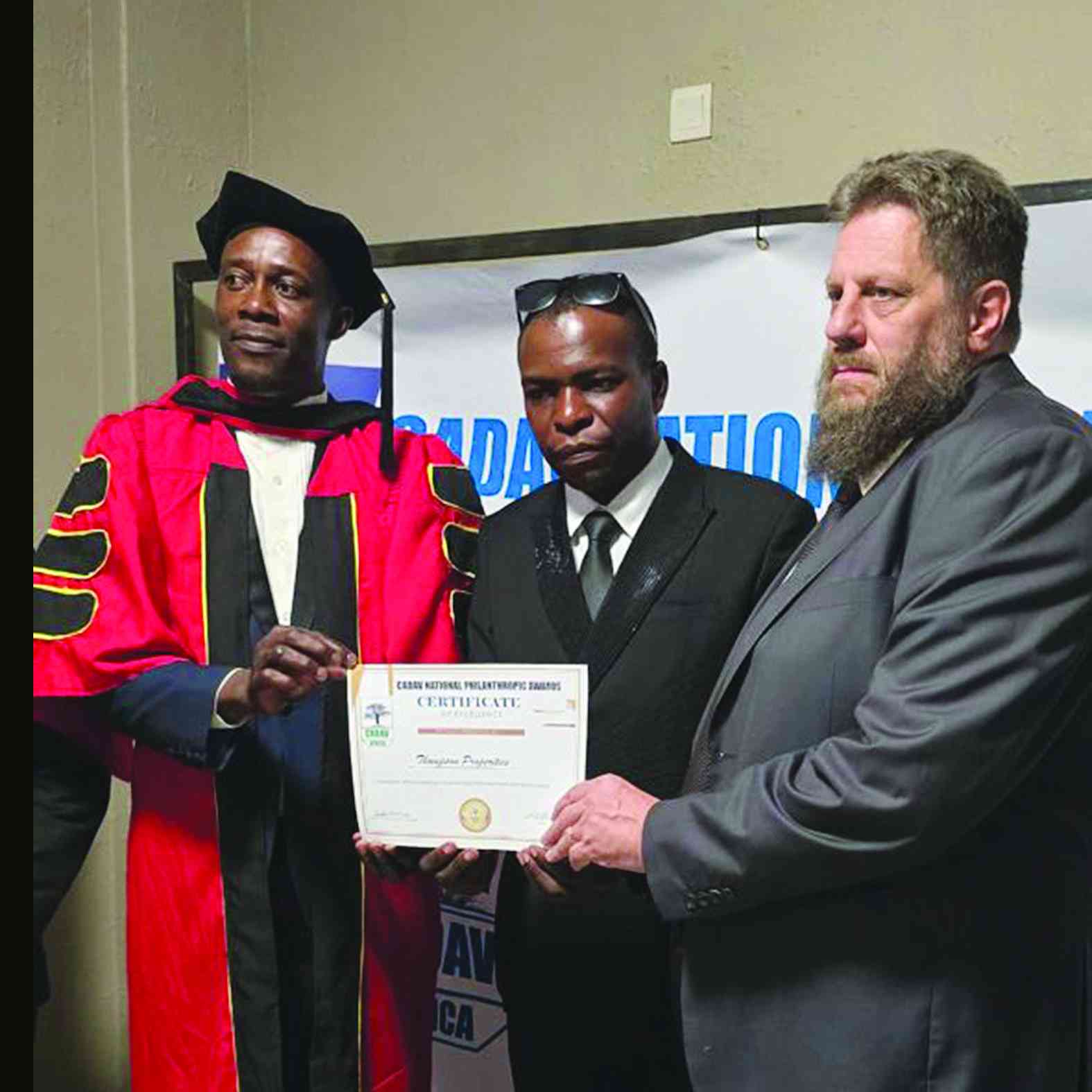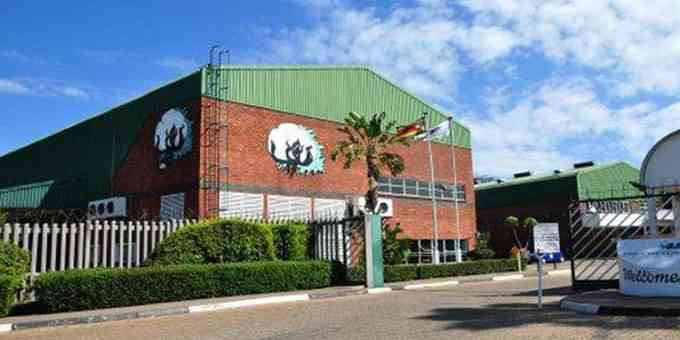AFRICAN countries should leverage on the Fourth Industrial Revolution to establish cities that are efficient, resilient and environmentally friendly, an industry expert has said.
Global Renaissance Investments chief executive Ngoni Dzirutwe said smart cities were the future of urban development, using digital technologies to improve lives, optimise access to resources and fuel economic growth.
He was speaking ahead of the sixth annual African Smart Cities Summit slated for the end of this month in Johannesburg, South Africa.
“The African Smart Cities Summit will bring together the continent’s brightest minds to collaborate in advancing Africa’s cities, addressing the best practices and lessons learned from other countries such as Hong Kong, South Korea, Singapore, United Arab Emirates and Spain in the field of smart city development,” he said.
“This dovetails with the second republic’s 2030 Vision and objectives of the National Development Strategy to achieve a smart economy. President Emmerson Mnangagwa has been spearheading the Zimbabwe Smart Cities vision, which aims to create at least four new smart cities in Zimbabwe.
“As such, we will take a leaf from the upcoming summit on how best to do it here. GRI is co-hosting the sixth annual African Smart Cities Summit in Johannesburg, South Africa from June 26-30 2023.”
Keep Reading
- ‘Mining sector needs flexible tax regime to embrace technology’
- New perspectives: Investing in human capital to support structural transformation of Zimbabwe
- NPA, Zacc battle US$28m graft cases
- NPA, Zacc battle US$28m graft cases.
The cities can also be considerate of local needs using smarter techniques and technologies, he indicated.
A study conducted by the World Economic Forum predicted that seven out of 10 people will be living in cities in 2050, while about 2,5 billion people will move to urban areas, and 90% of this trend will take place in Africa and Asia.
Dzirutwe noted that a truly smart city leverages on technology in an intelligent manner to improve service delivery, reduce pollution, improve safety and tackle a myriad of local challenges.
The summit is expected to host top industry professionals through a series of panel discussions and real-life case studies to inspire successful smart city projects across the continent.
Co-founder of the Mobility Centre for Africa, Victor Radebe said: “With the right strategies and investments in place, African smart cities can become beacons of innovation and progress for the continent and the world.”
Participants at the summit are expected to have an opportunity to discover how transport and mobility are intertwined with wider social systems and structures.
Issues of leadership will also be high on the agenda as it has become obvious that advances in information and communication technology (ICT) are central to the transformation of cities into smart cities.
“Yet, it is the ability to apply ICT efficiently that defines whether a smart city will be resilient and sustainable. The leadership and decision-making for urban design and the built environment development is of utmost importance for any smart city,” Dzirutwe said.
He added that many African cities needed improved digital infrastructure to support smart city technologies, such as high-speed broadband networks and reliable power supplies.
The summit will run under the theme Designing resilient smart cities that allow urban populations to thrive.
- Follow us on Twitter @NewsDayZimbabwe





